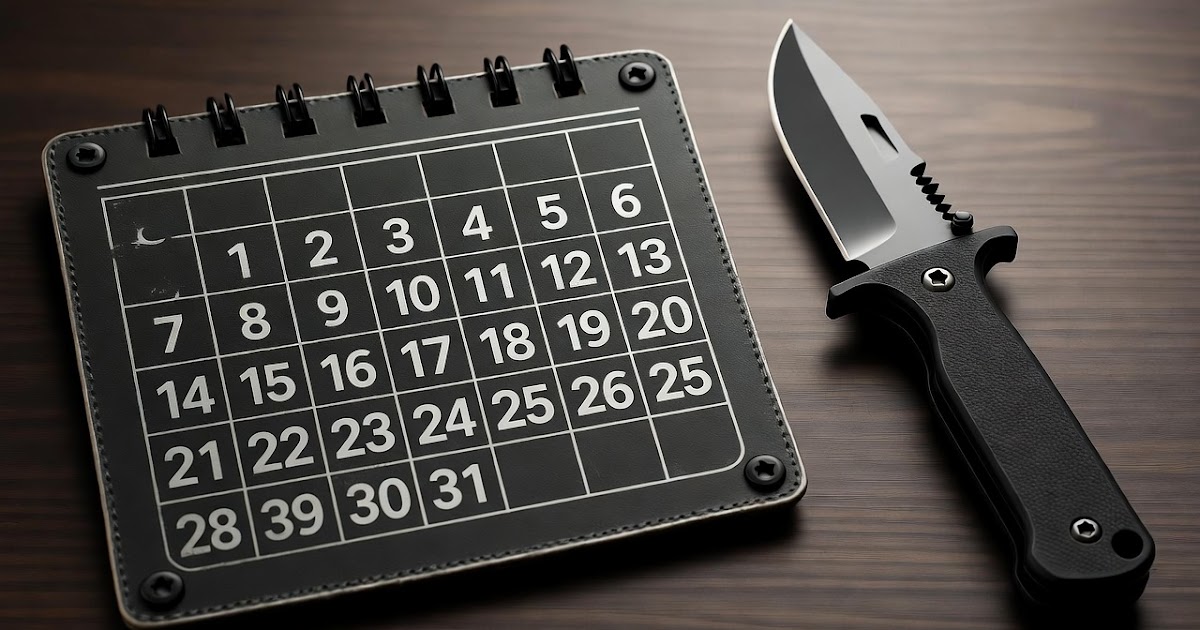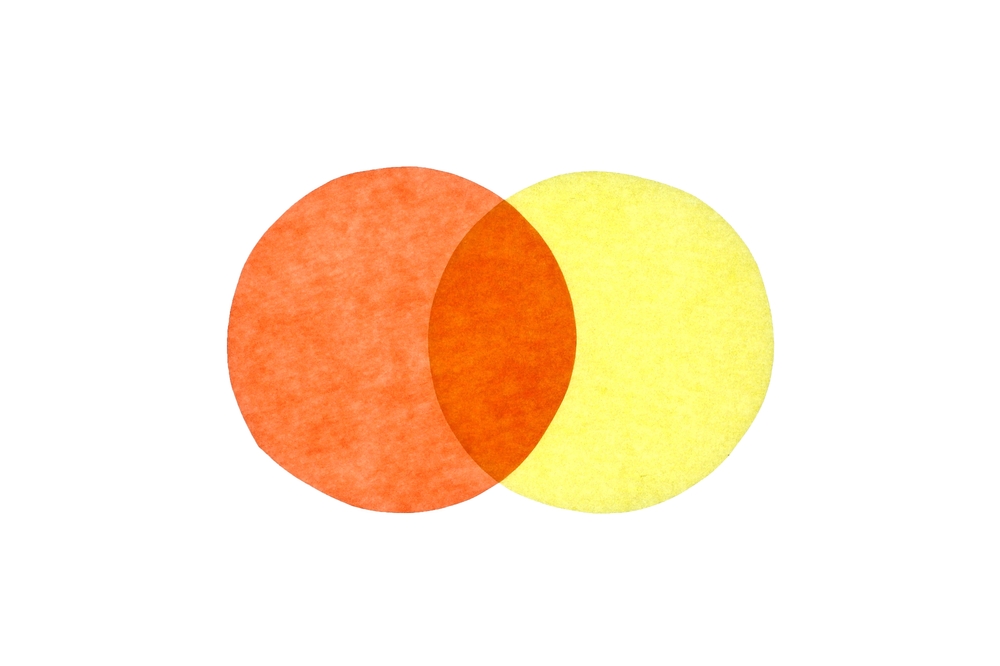Content note: this post addresses the topic of suicide.
Suicide touches many within our communities, yet remains highly stigmatized. We can reduce stigma by creating space for people with experiences related to suicide and suicide loss to speak for themselves and share their stories.
One such story is Levi’s.
The following is an excerpt from a creative essay written by Levi the Poet, September 2024’s Sanctuary Spotlight. To read or listen to the full version of his poignant and hopeful piece, please visit his Substack: https://levithepoet.substack.com/p/your-astonishing-light.
People companion grief in many ways; Levi’s journey with suicide loss may look different than yours. We invite you to take what is helpful from this excerpt and to set aside what is not. Lastly, there are resources related to suicide at the end of this post.
I wish I could show you when you are lonely or in darkness the astonishing light of your own being.
Hafiz of Shiraz
I’m a missionary/pastor’s kid (shout out MPKs everywhere) who lost my dad to suicide when I was twenty-one years old, two months before my wedding day. His official diagnosis was cyclothymia—a chronic mood disorder characterized by alternating periods of mania and depression—which he’d struggled with for most of his adult life. I didn’t know what was going on as a kid: only that every five years or so, my dad would sink into eighteen months’ worth of hell, and once described his antidepressants as “life-saving, second to Jesus.”
Back then, “mental health” was an even squigglier conversation in church communities than it is now, and even the fact that he had to take medication for what some considered his lack of faith fell under scrutiny. Therapy was suspect—often ”worldly,” even. And death by suicide? I remember receiving a Facebook comment on my memorial letter that read, simply: “I’m sorry that your dad’s in hell, now.” After he passed, I started writing our family’s story into my poetry, and have been some kind of mental health advocate ever since. My mom wrote a book about it—Counting It Joy: The Macallister Story—to which my sister and I contributed.
I’ve been talking about this for a long time. Often, I’m not sure what else there is to say, or if saying anything could ever be more helpful than sitting quietly (or finding laughter) with a human amidst their pain.
“Laughter is medicine.”
Norm MacDonald has a comedy sketch in which he says, “People [die by] suicide and other people go, ‘I don’t understand why…’ and I go, ‘You don’t?’ What, do you live in a cotton-candy house or something? You don’t know about life? How it only disappoints and gets worse and worse until it ends in a catastrophe?”
Yes—as comedians do—he’s making an “off limits” joke, but before offense sets in, consider: laughter is medicine, and maybe particularly for those most acquainted with the suffering at its brunt… especially if their suffering is off-limits in common discourse.
It’s why I love dead-dad jokes so much. I mean, I love them. A good, “Man, sure wish I could argue with my dad…” when a friend is complaining about his father’s politics, or a solid, “I accept your apology,” when someone tells me how sorry they are for my loss. It’s pure gold.
“Males make up 50% of the population, but account for 80% of suicide rates.”
The American Institute for Boys & Men (AIBM) reports that men are up to four times more likely to die by suicide than women. Males make up 50% of the population, but account for 80% of suicide rates. While the death rate for women is not as high, the attempt rate is two to four times that of men, and finality is low in some part due to the fact that men simply choose more lethal means of self-ending. The CDC reports that—in 2023—elderly persons eighty-five years and older had the highest rate of all. Suicide is the second-leading cause of death in young people aged 10-23, and of them, LGBTQIA+ youth are nearly five times as likely to attempt suicide compared to their heterosexual counterparts.
While reviewing statistics, a particular word caught my theological eye: AIBM suggests that “separation” is—for men—among the leading indicators of increased risk of suicide. While they’ve got the data to prove it in reference to lost relationships, I might suggest that separation—or a sense of separateness—umbrellas every demographic listed…
“Even Jesus felt abandoned by his Father.”
How familiar are you with Attachment Theory? It’s a psychological framework that explains how our emotional bonds (or lack thereof) with a primary caregiver in early life shapes one’s ability to form relationships throughout life. Ideally, you have a secure connection with that caregiver, a sense of inherent connectedness, which allows for curiosity and exploration, and can safely include failure, because you know that you’re safely held, and have a sturdy-enough foundation from which to begin becoming yourself in the world. If the relationship to that caregiver is *insecure—*if, say, their love for you is in question, or the threat of punishment and mistreatment ever-looms overhead, or you suffer abandonment, etc.—all sorts of problems ensue: fear, anxiety, avoidance, suppression, depression, confusion, addiction, despair…
I’m not saying that we don’t, or shouldn’t, or won’t experience a real sense of separation and loss in our lives. Parents leave. Relationships end. Pets die. People move. Friends drift apart. God feels far away in the dark nights we endure. My father is no longer here. I never got a chance to befriend him. 49,000+ people in the US are no longer here for the same reason, every year. Even Jesus felt abandoned by his Father, and I think that the winding love-story I have with him is rooted, primarily, in the empathetic with-ness that is his incarnational revelation. A felt sense of separation is a part of the human experience, but it is not our basis. I believe sufferers know this, somehow, with merciful clarity. In the words of Pete Rollins, “The veil is torn back to reveal… nothing! You were never separate from anything.” Science confirms this. Biology. Ecology. Psychology. Physics. The changing of seasons. Your umbilical cord, and your mother’s before you. (What must birth feel like, anyway? The end? Exiting a garden?) “Christ is all, and is in all.” Every time I think the story’s over, it’s just one more resurrection on the other side of what I thought was death.
“The truth of you is a Love that Albert Einstein describes as the very force and fabric of the universe.”
I don’t know what you’re experiencing today, or what your thoughts have to say about who you are. If they’re as tyrannical as mine can be, you’re not alone. I’ve been banging that drum for years, in large part because I need to hear it as much as anyone I say it to. You. Are. Not. Alone. And if you think you are…? Well… only as alone as everyone else who thinks that, too. The mind’s the only place that thinks itself disconnected, but where things are Real, everything touches everything.
You are not some damnable thing. I want to say that there is a truly intrinsic and gentler voice speaking a better word about the nature of you. To hear it is to remember what has always been true more than it is to learn something new. It’s an Already, and it’s yours, and nothing can take it away.
The truth of you is a Love that Albert Einstein—in a letter written to his daughter “maybe too late to apologize”—describes as the very force and fabric of the universe, the body of you that is the body of God, which Thomas Merton beautifully describes:
“At the center of our being is a point of nothingness which is untouched by sin and by illusion, a point of pure truth, a point or spark which belongs entirely to God, which is… the pure glory of God in us…It is like a pure diamond, blazing with the invisible light of heaven. It is in everybody, and if we could see it, we would see these billions of points of light coming together in the face and blaze of a sun that would make all the darkness and cruelty of life vanish completely.”
I hope you stick around to see it. I hope our worlds learn to set aside the colouring books we’ve filled with images of God—our relationship, and our relationships to ourselves and to one another—that “make them sad,” and pull instead from thirstless water-wells, brimming with the delight of a woman known and seen and loved there.
I hope this point of Love becomes the universal foundation from which our churches and faith communities draw better pictures of the One Who Is from Whom We Are, in Whom we live and move and have our being.
I think it’d be good for our mental health. I think my dad would agree.
Levi
Resources
If you are experiencing suicidal ideation, or if you are concerned for the safety of someone you know, it is important to seek help immediately. The following crisis lines are available 24/7:
- Australia: 13 11 14 (Lifeline)
- Canada:
- 988 (National Suicide Prevention Lifeline three-digit dialing code)
- 1-833-456-4566 (Crisis Services Canada)
- New Zealand:
- 1737 (National Mental Health and Addictions Helpline)
- 0800-543-354 (Lifeline Aotearoa)
- United Kingdom: 116 123 (Samaritans)
- United States:
- 1-800-273-8255 (National Suicide Prevention Lifeline)
- 988 (National Suicide Prevention Lifeline three-digit dialing code)
If a critical situation arises, attend your nearest hospital emergency department or call your local emergency number.
If you are looking for local mental health services or information in another location or language, we encourage you to search online or reach out to your local churches and health care providers.
Levi (The Poet) Macallister

Levi Macallister has been a touring spoken word artist for the past fifteen years, playing well over 1000 shows, worldwide. He is a published author, and offers creative coaching with an emphasis on empathetic storytelling. His writing, performances and keynote speaking reflect a passion for inclusivity and the inherent belovedness and dignity of each and every human being.
“Your existence is your belonging.”
He has been an involved mental health advocate since 2011, when he lost his father to suicide, and speaks and writes regularly in partnership with organizations invested in the flourishing of all people, without condition. In 2024, Levi went on tour celebrating the ten-year anniversary of his book, “Correspondence: (a fiction).”
Headshot photo credit: Jen Talesman









